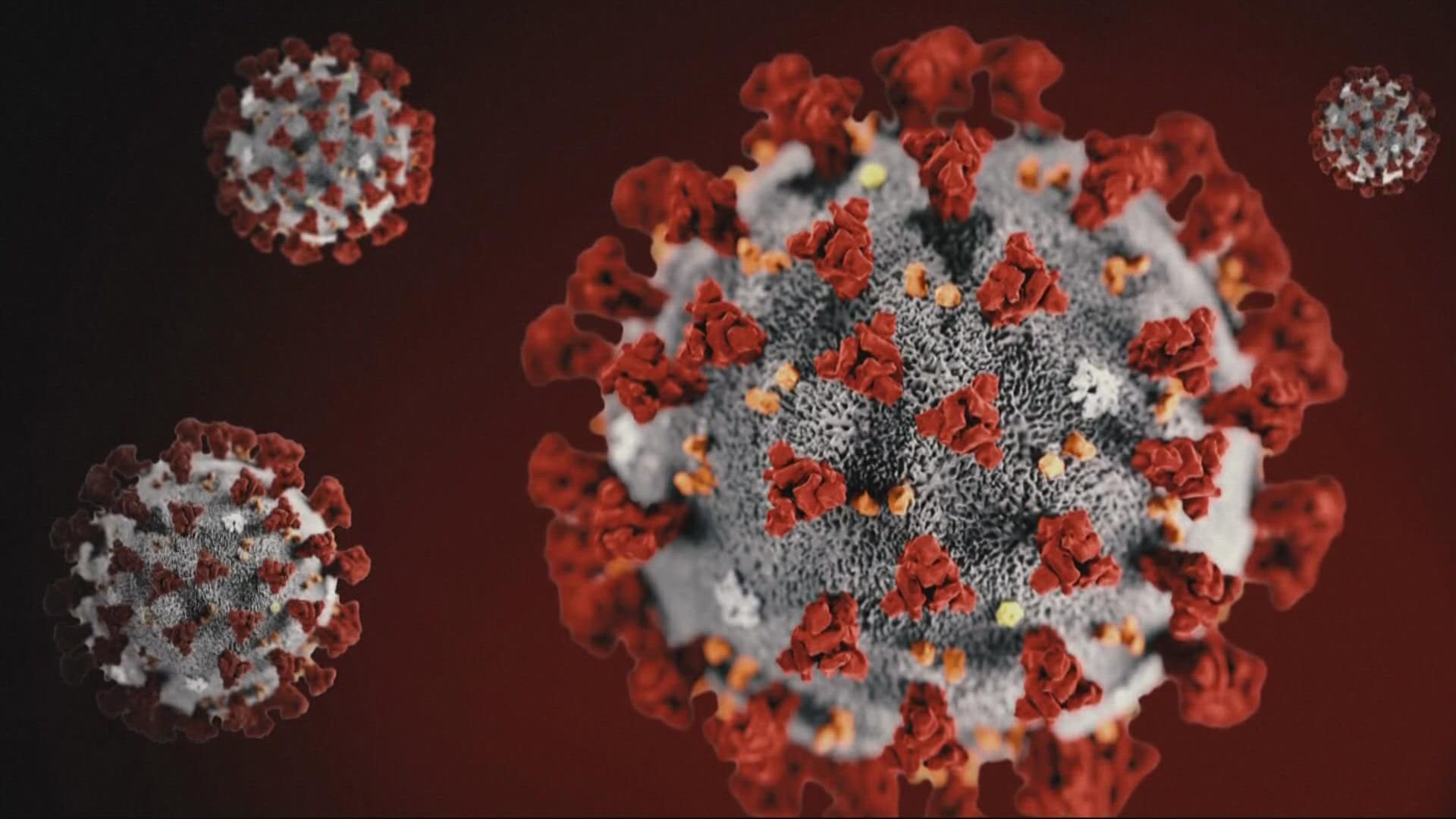PORTLAND, Ore. — Two years since Oregon reported its first COVID-19 cases, doctors at Oregon Health & Science University (OHSU) studying the long-term effects of the disease have found that more than 30% of people infected with COVID have symptoms that last for several months or longer.
Dr. Eric Herman with OHSU said some of the most common lasting symptoms include fatigue, memory loss and breathing issues.
Kayrn Bishof caught COVID-19 around two years ago. She never expected it would ruin her health and compromise her ability to raise her 11-year-old son, Jayani.
"I just had this overwhelming fatigue, this overwhelming cough, I started noticing significant memory issues," Bishof said.
Bishof said she lost her job as a paramedic because of her condition. "After termination, it was a huge battle with workers' compensation," Bishof said. She said her claim was eventually denied.
Long-haul COVID-19 is common in people who've had minor COVID infections, according to Herman. A lot of people have symptoms for months after they've been infected. Herman said in the past two years, doctors have learned a lot more.
"We've seen other estimates where some people, over 50% of people, will have one symptom for a long time," Herman said.
Herman said another important discovery doctors have made when it comes to long COVID-19 involves vaccinations.
"You're less likely to get long COVID if you've had an infection and had been vaccinated as opposed to not being vaccinated, so again stressing the importance of vaccination," Herman said.
It's important for people dealing with lingering symptoms to pace themselves after they've had the disease, Herman said. He advises monitoring symptoms for three months. If you develop new symptoms in that time, seek medical care.
"It's still too early to know the ultimate long-term prognosis, but most people are recovering," Herman said.

